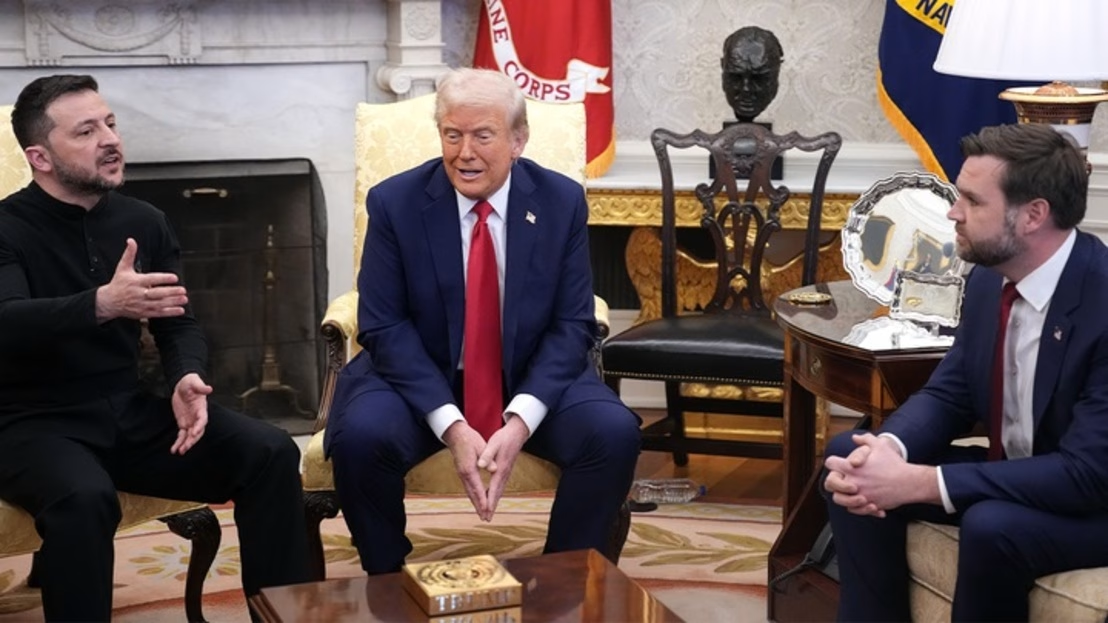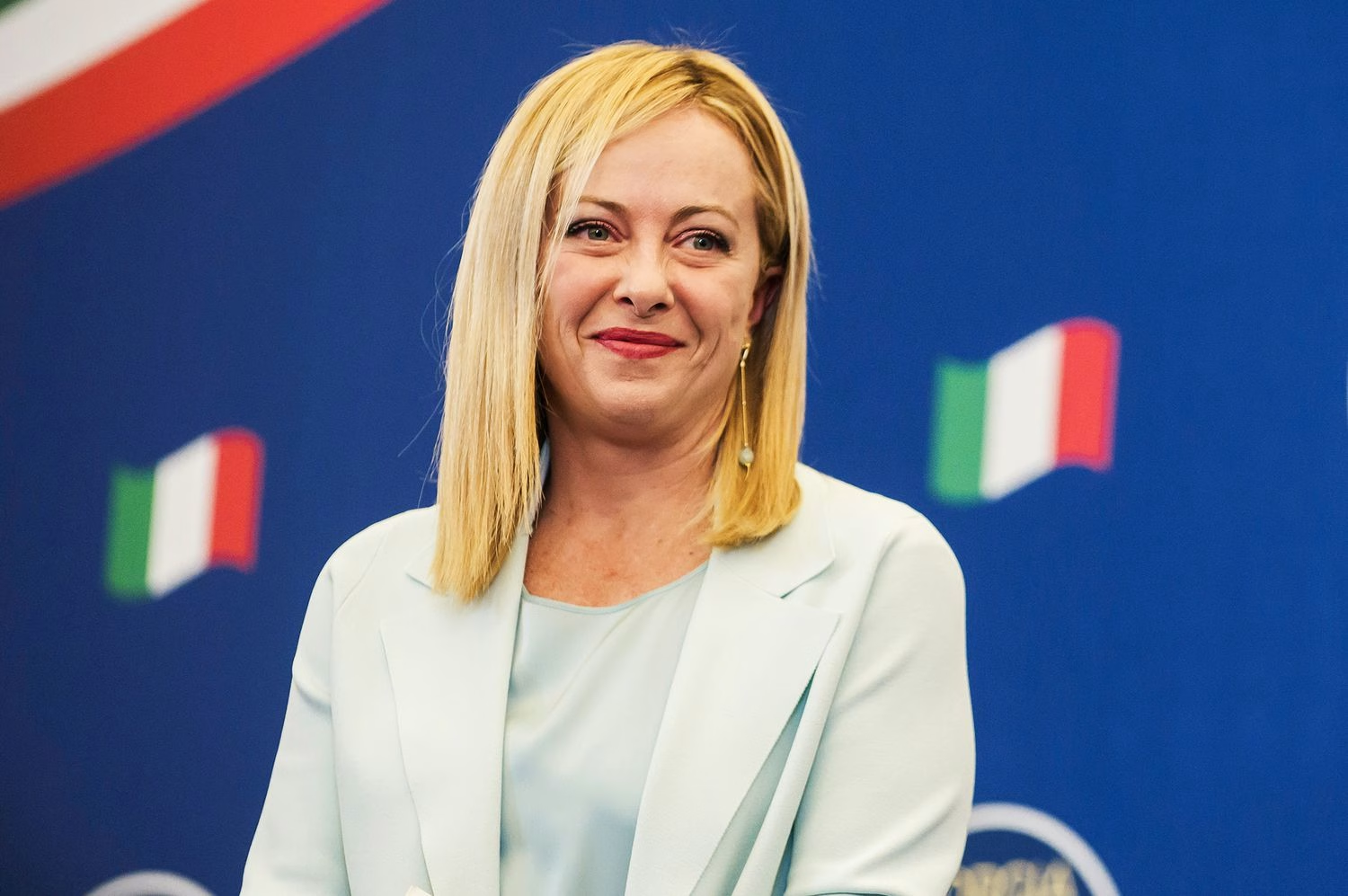By Tony Bruce | Wednesday, March 5, 2025 | 4 min read
U.S. foreign policy has taken a sharp turn, leaving security experts, political analysts, and global allies puzzled. The Trump administration is making major changes, with recent reports confirming that Defense Secretary Pete Hegseth has ordered a halt to all offensive cyber operations against Russia. Simultaneously, the White House is moving to lift sanctions on Russia and has suspended military aid to Ukraine—despite the ongoing conflict with Russian forces.
The decision to pause cyber operations has raised serious concerns, especially given mounting evidence that Russia is intensifying its cyber warfare efforts against NATO allies and Ukraine. While some officials describe the move as a temporary step to support diplomatic negotiations, critics argue it leaves the U.S. and its allies vulnerable without securing any clear benefits.
Adding to the controversy, the administration has directed the Treasury and State Departments to explore lifting sanctions on Russia. These sanctions were originally imposed in response to Russia’s annexation of Crimea, election interference, and military actions in Ukraine. While the White House suggests this could be a goodwill gesture to encourage diplomacy, there’s no sign that Moscow has made any meaningful concessions in return.
Perhaps most alarming is the suspension of military aid to Ukraine. Over the past three years, billions of dollars in U.S. weapons, equipment, and ammunition have been critical in helping Ukraine resist Russian advances. Though most of the allocated military funding had already been used, approximately $3.8 billion remained. That funding is now indefinitely paused.
While some previously approved military aid to Ukraine is still making its way through, all future shipments—including weapons and long-term defense programs—are now on hold. This decision has ignited a fierce debate. Some argue it’s a strategic pivot positioning the U.S. as a mediator in the war. Others see it as a risky move that weakens American influence and emboldens Russia.
Trump’s handling of his Oval Office meeting with Ukrainian President Volodymyr Zelenskyy underscores how these tendencies undermine his negotiating skills, erode democratic values, and contribute to growing global instability.
The meeting, carefully staged by Trump, was meant to showcase his self-proclaimed talent as a dealmaker and peace broker. Throughout the discussion, he repeatedly emphasized his experience in striking agreements, asserting that he alone had the ability to push Putin toward a resolution with Ukraine.
When questioned by a reporter about whether he was aligning too closely with Putin at the expense of democratic values, Trump brushed off the suggestion. He defended his approach, insisting that successful negotiations required maintaining ties with both sides. “If I didn’t align myself with both of them,” he argued, “you’d never have a deal.” He then framed his position as being in the best interest of the U.S. and global stability, stating, “I’m aligned with the world.”
At first, Vice President J.D. Vance echoed Trump’s message, presenting him as a skilled diplomat. “What makes America a good country is America engaging in diplomacy,” Vance said.
But the conversation took a turn when Zelenskyy challenged Trump’s narrative. He pointed to past U.S. diplomatic failures and noted that no American president—including Trump—had succeeded in restraining Putin’s aggression.
Vance’s tone quickly changed. Instead of addressing Zelenskyy’s concerns, he reprimanded him for not expressing gratitude. “Say thank you,” he insisted repeatedly, as the exchange grew increasingly tense.
Trump, visibly irritated, abandoned his diplomatic tone altogether. His response was blunt: “You’ve got to be more thankful because, let me tell you, you don’t have the cards. With us, you have the cards. Without us, you don’t have any.”
The pressing question remains: What has Russia given in return for these U.S. concessions? So far, there’s no sign that Moscow has made any meaningful moves in response. Zelenskyy has voiced deep skepticism, warning that Russia has shown no willingness to negotiate in good faith.
The broader impact of these policy shifts is still unfolding, but many fear they could weaken U.S. credibility on the global stage and shake the trust of key allies. NATO partners may begin to question America’s reliability, while Ukraine faces an increasingly uncertain future.
As the situation develops, the world will be watching closely. Will this strategy lead to real diplomatic progress—or prove to be a dangerous gamble that strengthens Russia and destabilizes international security?
Copyright 2024 FN, NewsRoom.






